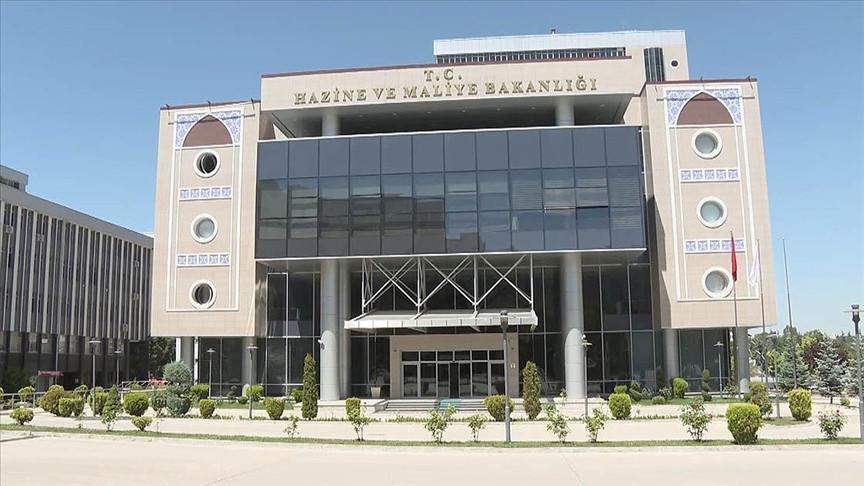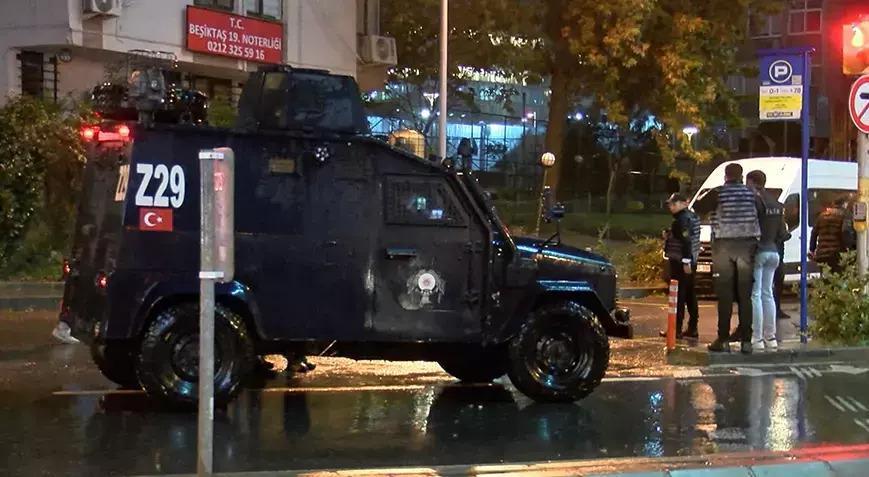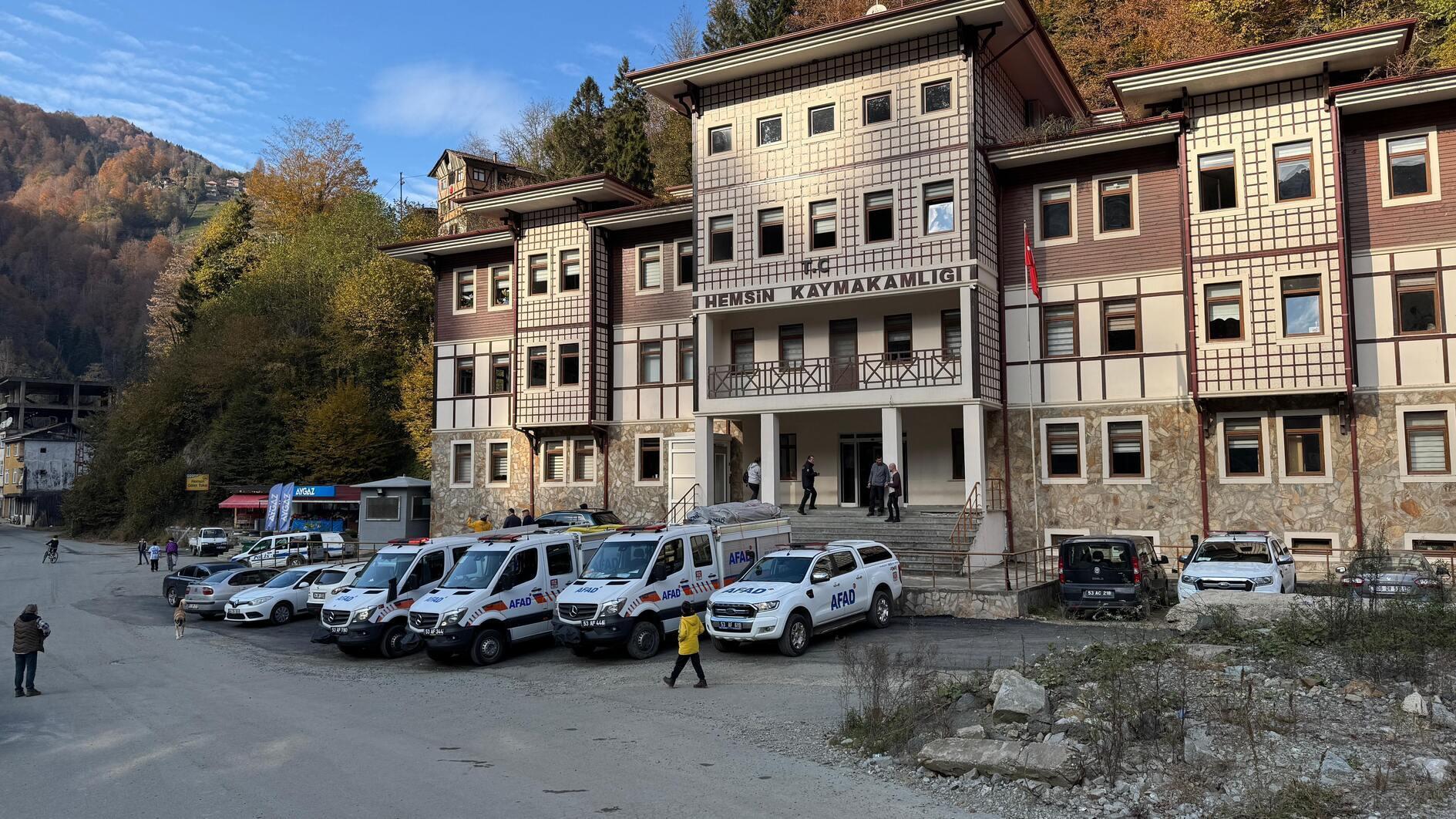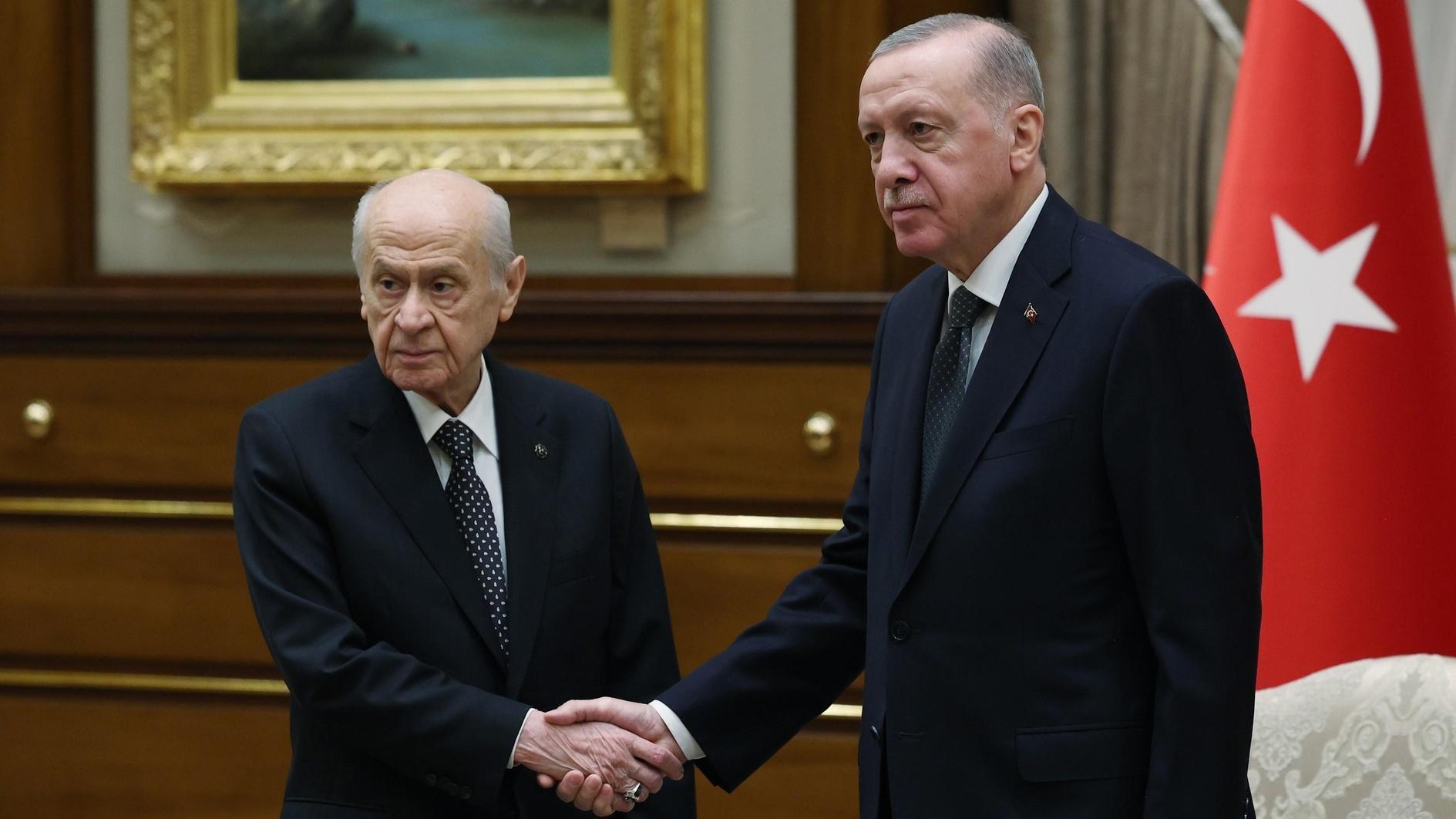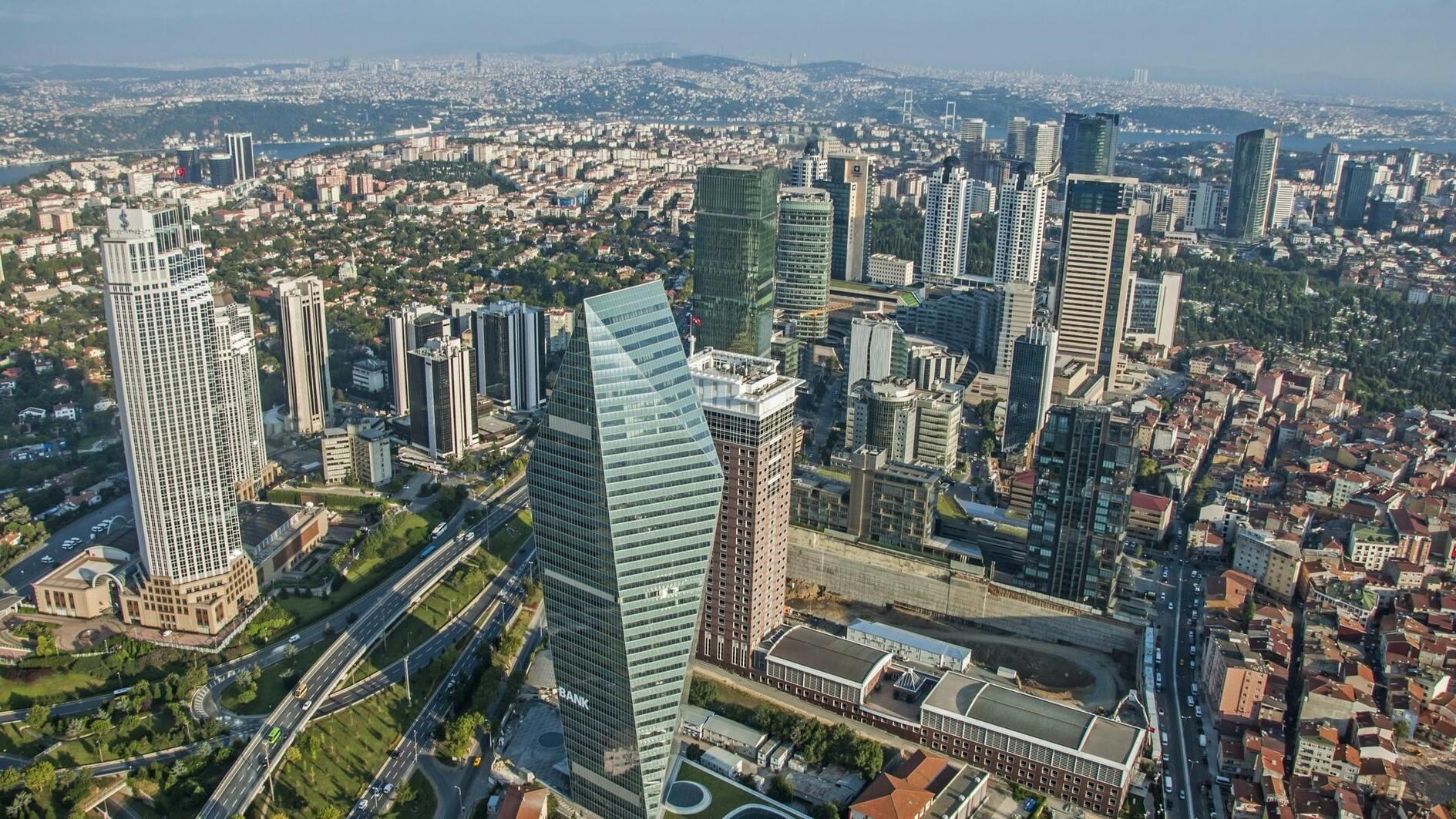The Palestinian experience and the ideological split among Kurds
What makes the Israel-Palestine conflict ever more complicated is the ideological split among Palestinians. When the Palestine Liberation Organization (PLO), which conducted its struggle in line with the political-military methods, alliances and discourses of the Cold War era, failed to achieve its political objectives to the full extent in time, the problem began to change character. Moreover, when a national liberation movement that has not been able to found a state so far has allowed multiparty elections, the political unity of the people has been disrupted.
The Marxist-inspired PLO is paying the cost for its failure by sharing power with and being challenged by the more dynamic and assertive Hamas. Of course, behind the story of the rise of Hamas lie Israeli calculations to weaken the PLO. The aim was to divide the Palestinian movement and thereby lower the pressure on Israel. In view of this strategic consideration, Israel tolerated the Islamist rise. The outcome was different from what was expected insofar as the problem got more complicated. The number of internal and external actors increased. In general, this was the inevitable tragedy unfolding between an Islamic organization with an ideology most suitable for the Zeitgeist and an old Marxist national liberation movement that was late at achieving its objective. The results were a peace that never came and internal conflict among Palestinians.
Last week, Islamist Kurdish students and students supporting the outlawed Kurdistan Workers’ Party (PKK) got into a fight at a university in Diyarbakır. It seems that those Kurds with divergent ideological views were not in agreement regarding the sharing of the opportunity spaces of the new political environment. This early sign of a power-sharing fight reminded me of the Palestinian experience.
The PKK engaged in an armed struggle by following a Marxist-oriented political-military strategy inspired by its contemporaries. After 40 years, although it has not completely achieved its political objectives, the PKK is on the brink of acquiring considerable benefits. Its imprisoned leader, Abdullah Öcalan, is considered by the government to be the Kurds’ official representative.
However, this is not acceptable for Islamist Kurds. A group of Islamist Kurds inspired by the Iranian Islamic revolution and supported by Iranian intelligence was active in the fight against the PKK in the 1980s and 1990s. Although this sub-state conflict temporarily ceased, it appears to be starting anew. In order to foresee the future of Turkey’s Kurdish question, the Israeli experience is as instructive as the Palestinian case. As intra-Kurdish relations change character, it seems that the features of the Kurdish question will become more similar to those of the Palestinian question.



